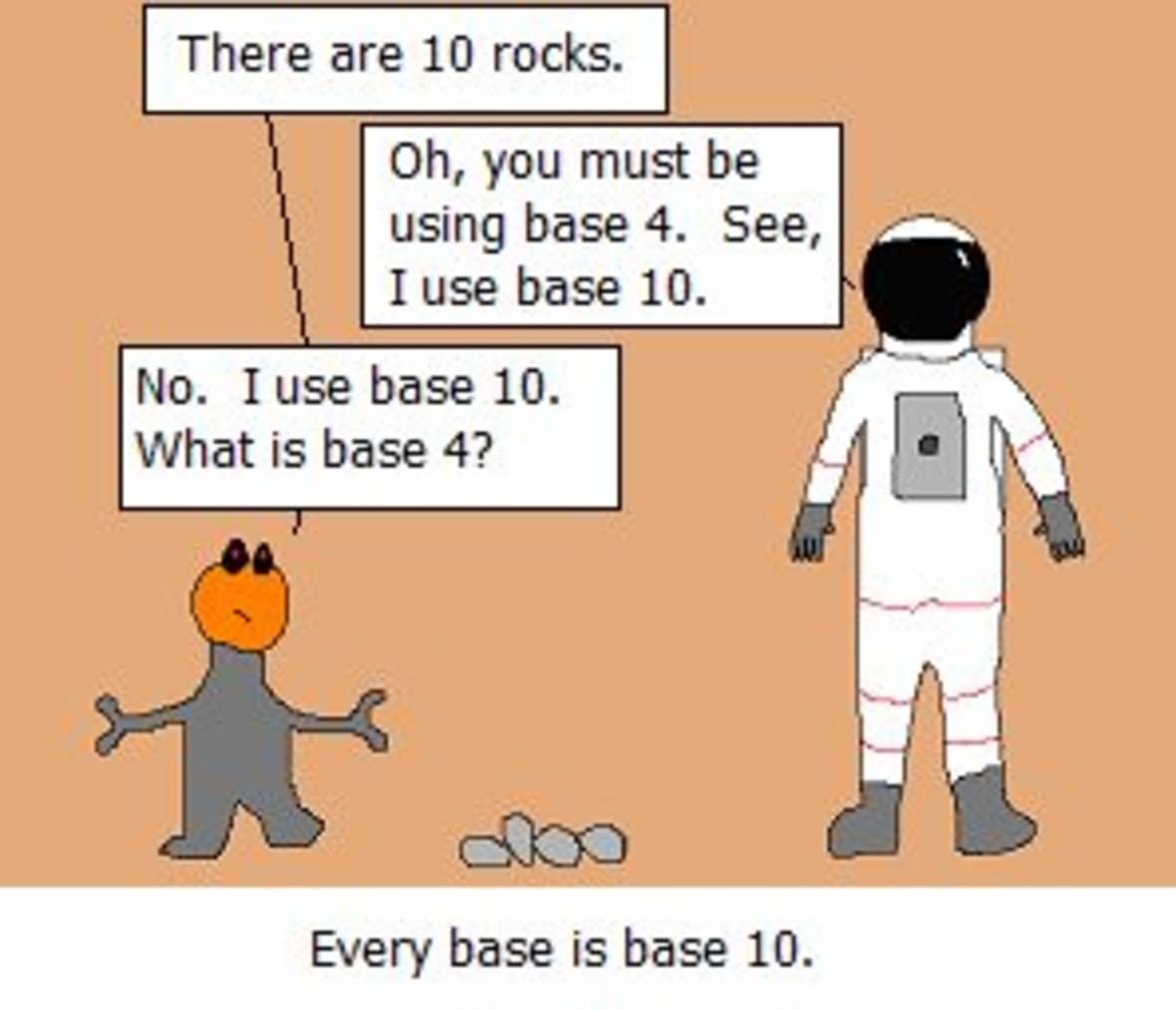this post was submitted on 24 May 2024
1181 points (97.7% liked)
Science Memes
11404 readers
1350 users here now
Welcome to c/science_memes @ Mander.xyz!
A place for majestic STEMLORD peacocking, as well as memes about the realities of working in a lab.

Rules
- Don't throw mud. Behave like an intellectual and remember the human.
- Keep it rooted (on topic).
- No spam.
- Infographics welcome, get schooled.
This is a science community. We use the Dawkins definition of meme.
Research Committee
Other Mander Communities
Science and Research
Biology and Life Sciences
- [email protected]
- [email protected]
- [email protected]
- [email protected]
- [email protected]
- [email protected]
- [email protected]
- [email protected]
- [email protected]
- [email protected]
- [email protected]
- [email protected]
- [email protected]
- [email protected]
- [email protected]
- [email protected]
- [email protected]
- [email protected]
- [email protected]
- [email protected]
- [email protected]
- [email protected]
- [email protected]
- [email protected]
- !reptiles and [email protected]
Physical Sciences
- [email protected]
- [email protected]
- [email protected]
- [email protected]
- [email protected]
- [email protected]
- [email protected]
- [email protected]
- [email protected]
Humanities and Social Sciences
Practical and Applied Sciences
- !exercise-and [email protected]
- [email protected]
- !self [email protected]
- [email protected]
- [email protected]
- [email protected]
Memes
Miscellaneous
founded 2 years ago
MODERATORS
you are viewing a single comment's thread
view the rest of the comments
view the rest of the comments

Jesus Christ.
I just realized that we call binary base2 and there's no 2 in that numbering system. We call hexadecimal base16 but there's no 16 (at least not like we know it). But then why is base10 base10? We have a 10...but it's not a single digit number.
Why is this reminding me of Project Hail Mary?
Every base has ten, but it's made of two digits
Binary 0, 1, 10 Ternary 0, 1, 2, 10 ... Decimal 0, 1, 2, 3, 4, 5, 6, 7, 8, 9, 10 Hex 0, 1, 2, 3, 4, 5, 6, 7, 8, 9, A, B, C, D, E, F, 10
Each has the right count of digits for its base before you go two-digit - binary has two (0, 1), etc
more precisely, every base has 10, but it's usually not equal to ten. ten is a fixed value, while 10 depends on the base. you still count normally (one two three four five), even in a base two system. you just write it differently.
I don't see the need to bring values into this, this is about the naming of number systems. We really have no more claim to ten being this many (..........) than hexadecimal people have to claim ten has this many (................)
10 as the first overflow of digits is not a clear vlaue, it depends on the notation because its base is unclear.
Ten as the English word is 100% defined. The issue is we translate seamlessly between the word and number, but there really is no confusion when writing ten. 10 in hex has a different english word: sixteen.
English number names are mostly decimal-based, but their values are still fixed. Ten isn't the word for "the first time our number system overflows", it's an amount.
So I disagree. Ten will always be (..........) this many, because it's an English word.
If you are working in a different number system with other people ten loses its unique meaning just like any word that has another technical meaning.
In code 0x10 is hex 10 (what you'd call sixteen), but in spoken technical English you don't need to pronounce the 0x
It's because we count the 0...... no? 0 and 1, base 2. 0123456789, base 10.
The same is true for all bases. What we call base-4 in base-10 is 0123. In base-16 it's 0123456789abcdef, where f is what we would call 15
because then every base would be 'base 10'
That or the decriarchy has been normalizing the decimal counting system as the default one for far too long!
Love that book!
(There is no 10 in base-10, which is why we construct it out of two other numbers)